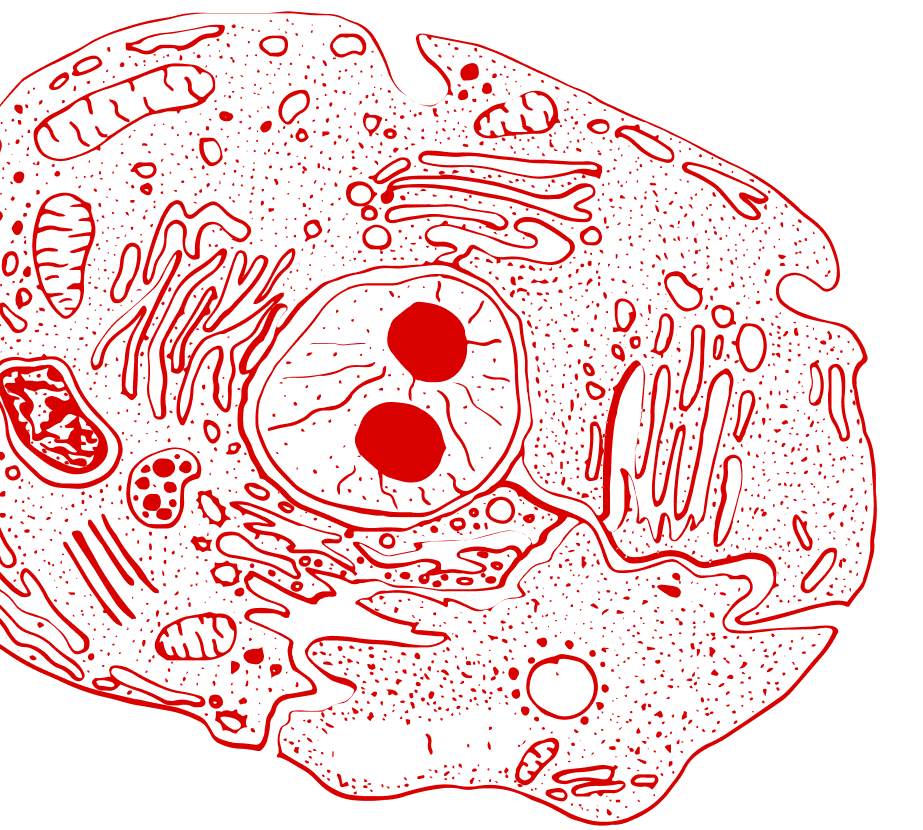Search

At the General Assembly of the European Association for the Applied Sciences in Higher Education (EURASHE) held in Portugal, Ulla Preeden, Rector of Tartu Applied Health Sciences University, was elected Vice-President of the organization.
This marks the first time a representative of Estonian universities of applied sciences has reached such a high position in an international higher education network. Both Ulla Preeden and Ülle Ernits, Rector of Tallinn Health Care College and Chair of the Estonian Rectors’ Conference of Universities of Applied Sciences, will represent Estonia in the newly formed EURASHE Council.
A Significant Recognition
“This is a great recognition not only for us but for Estonian applied higher education more broadly. As Vice-President of EURASHE, I wish to highlight in international discussions how diverse and regionally accessible higher education is critically important for strengthening Europe’s competitiveness and ensuring sustainable, long-term development,” said Ulla Preeden. “It is also important to share Estonia’s experience – from our successfully launched micro-credential program to the uniquely integrated system of vocational and applied higher education. We have both valuable practices to share and much to learn from others.”
“Estonia’s representation in the highest council of European applied higher education gives us an excellent opportunity to help shape the future of the educational landscape across the Euroregion, bringing Estonian experience to Europe and bringing European insights back to Estonia. The EURASHE Council, which convened for the first time in June, is a new strategic level that brings together institutions representing applied higher education across Europe. Our focus will be primarily on the growing role and need for applied higher education, its research potential and quality, as well as international cooperation,” explained Ülle Ernits.
Ulla Preeden emphasized the unique structure of Estonian universities of applied sciences. “Our European colleagues and others have shown great interest in the fact that most Estonian universities of applied sciences offer sector-specific vocational education alongside master’s programs. This kind of integration creates a natural bridge between vocational and top-level higher education and helps avoid the situation where vocational education becomes a dead-end for learners,” explained Ulla Preeden. “These discussions — around competitiveness, recognition of qualifications, and quality assurance—are currently in focus both in Europe and Estonia, and there is still untapped potential, extending all the way to practice-based doctoral studies.”
The Need for Practical Skills
Ülle Ernits stressed that practical skills are increasingly needed in today’s changing and complex world. “Europe does not just need more academic degrees but also practical skills that can be quickly and directly applied to enhance European competitiveness and solve major societal challenges. Demographic changes mean that we must support the reskilling and upskilling of people of all ages so they can contribute to the labor market and economy for longer and fulfill themselves both professionally and personally,” said Ülle Ernits.
“EURASHE’s field of activity is quite broad, but in the coming years, major emphasis will be placed on the quality and competitiveness of European higher education,” added Ulla Preeden, naming the Joint European Degree as one key topic.
“The Joint European Degree would help harmonize quality standards in higher education, support the mobility of talent, and international cooperation. It would enable students to earn a qualification that makes the European Higher Education Area more coherent and attractive, increasing the trust and competitiveness of degrees on a global scale. EURASHE sees this as an important step, especially based on the experiences of universities of applied sciences participating in European University Alliances projects, to make cross-border learning and inter-institutional cooperation smoother,” explained Ulla Preeden.
Ülle Ernits added that a strong and diverse higher education network is essential for balanced development in Estonia and across all European regions. This opportunity to actively contribute and shape the future of higher education has been made possible thanks to the long-standing engagement of the Estonian Rectors’ Conference of Universities of Applied Sciences in EURASHE, where it has been an active member for over 10 years.
EURASHE (European Association for the Applied Sciences in Higher Education) brings together institutions providing applied higher education from across Europe and beyond. Founded in 1990, the organization today represents over 550 institutions in 40 countries and is the leading network advocating for practice-oriented and labor market-responsive higher education. EURASHE promotes learner-centered and flexible solutions that respond to the rapidly changing demands of the labor market, and also supports regional development and social cohesion. The organization works closely with the European Commission and other international partners to shape the future of the European Higher Education and Research Area.
Previous news
29. January 2025
A New Scientific Journal in the Field of Healthcare
23. December 2024
